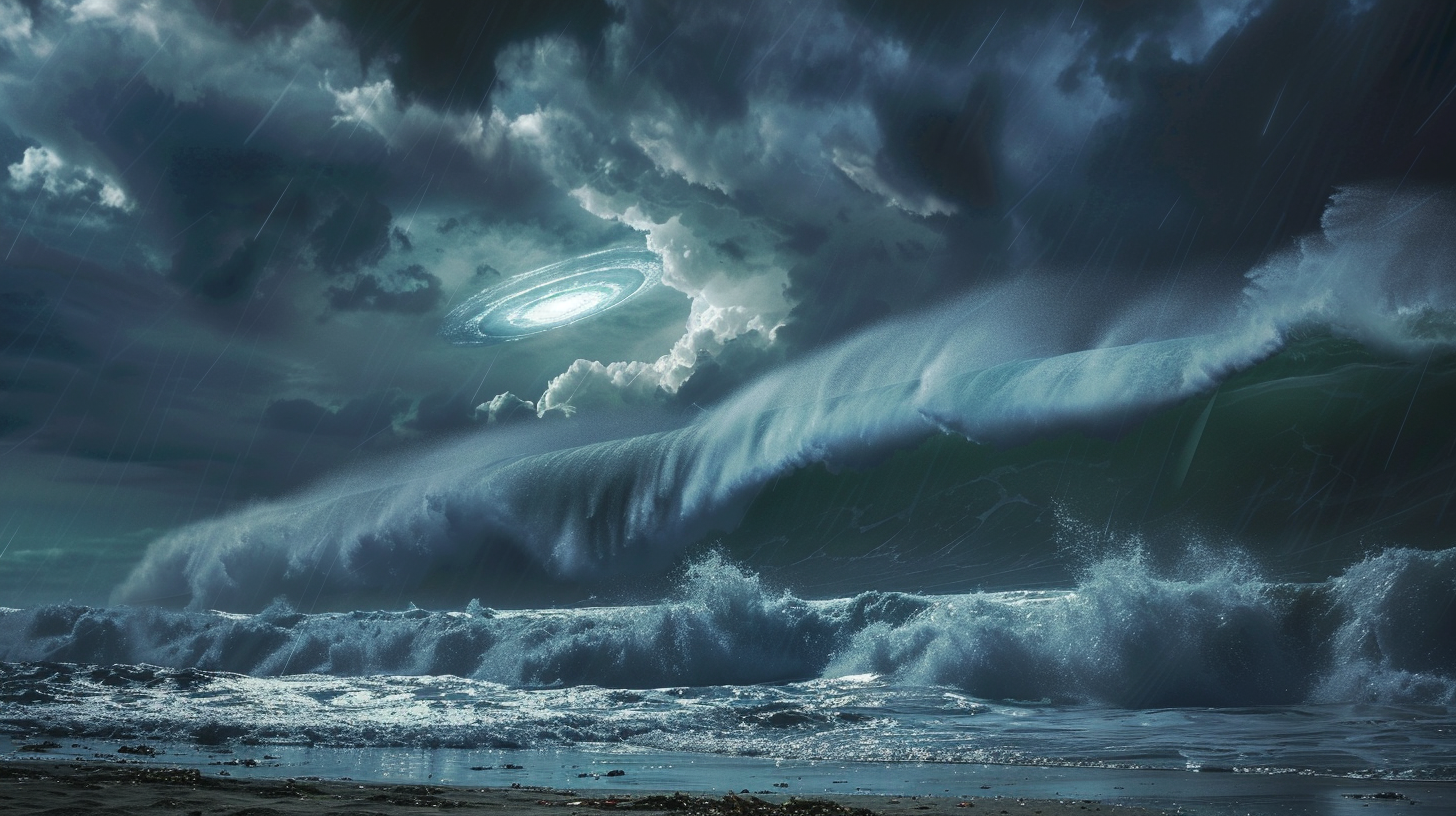Embedded within the complex web of ancient tales lies the enigmatic Sumerian myth of the “Deluge.” Echoing through time and space, flood stories from various cultures offer diverse interpretations and nuances. The remarkable parallels between Sumerian flood narratives and tales from distant lands compel us to explore the intriguing concept of a shared cosmic force shaping these ancient legends.
Tucked away in Sumerian lore, the Deluge saga, immortalized in the Epic of Gilgamesh and other texts, details a catastrophic flood orchestrated by the divine to purge the Earth of human wrongdoings. Guided by the god Enki, the wise leader Ziusudra constructs a colossal ark to safeguard himself, his loved ones, and a diverse array of creatures from the impending deluge. Post-flood, Ziusudra and his companions emerge to repopulate the world—a story mirroring flood myths retold across diverse civilizations.
From the biblical tale of Noah’s Ark to the ancient Mesopotamian legend of Atrahasis, flood stories have fascinated humanity for millennia. Yet, one lingering question persists: what underlies the universality of these narratives? An intriguing hypothesis proposes the existence of shared cosmic wisdom.

Advocates of this theory suggest that ancient civilizations might have interacted with advanced beings from distant realms, who shared knowledge and insights that found expression in myth and folklore. According to this view, the similarities between Sumerian flood myths and counterparts in various traditions indicate a common heritage—a cosmic influence shaping humanity’s collective consciousness and legacy.
While the concept of shared cosmic wisdom remains speculative, it urges us to revisit our interpretations of ancient lore and its genesis. Whether viewed as symbolic narratives of divine justice or reflections of encounters with superior entities, flood myths beckon us into the intricate depths of human thought and our enduring curiosity about the enigmas of the universe.
As we delve deeper into the analysis and decryption of these ancient texts, we are reminded that history is not merely a relic of the past. Whether the Great Flood signifies a historical occurrence, a metaphorical portrayal of natural calamities, or an inscrutable puzzle, its echoes across diverse cultures stand as a testament to the enduring power of myth and the eternal quest for wisdom amidst the unknown.
